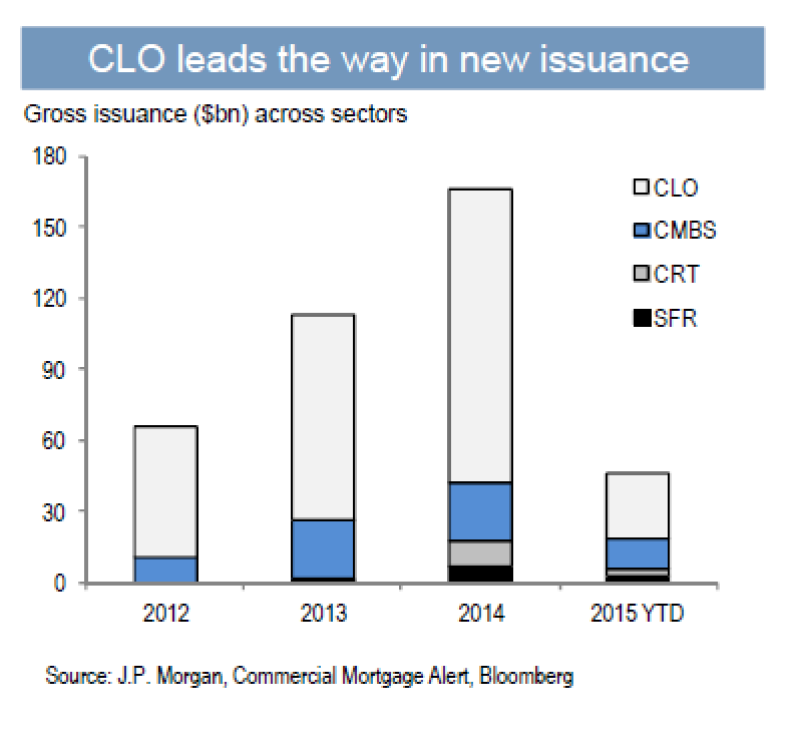That may be of little comfort to investors who are sitting in the primary market’s sidelines, as they wait to see how their preferred managers are going to deal with the new regulation.
All 52 of the CLO managers surveyed by Fitch said they planned to issue CLOs in the next two years. But half of the respondents said they planned to vary their approach to risk retention deal by deal.
From late 2016, the US version of the risk retention rules will force managers to retain a 5% stake in deals they issue. In the US, the onus is on managers to comply, whereas in Europe the burden of compliance is on investors buying the deal.
Some 42% of US managers surveyed by Fitch said they were considering taking horizontal slices of their deals to comply with risk retention, and 35% said they were looking at taking vertical slices. That compared to 8% who said they were considering the option of taking L-shaped pieces of their deals. No managers said they were looking at using eligible horizontal cash reserve account.
Just under a third of respondents said they would also vary the type of entity used to meet risk retention deal by deal. Using a majority owned affiliate to take down the retention stake was the most popular option, at 41%, while 29% said they would use the existing manager to hold the stake, and 22% said they would create a new manager.
Market participants expect risk retention to lead to consolidation among CLO managers. However, while plenty of managers in the survey said they might look to acquire CLO management contracts over the next two years, no managers said they were planning to sell their CLO management contracts over the same period.

Cloudy horizons

Several large CLO investors talking to GlobalCapital have said they have become more passive in the primary market over recent weeks, as they either assess managers’ differing plans or wait for them to come up with one.
“We’re pretty sidelined on all but a few managers just because so much is up in the air with risk retention,” said a New York mezz and equity investor on Tuesday. “We’re hearing that about 50% of deals in the current pipeline will be risk retention compliant. That looks good, but we’re keeping things light unless it is a really favourable manager.”
Risk retention is also leading to tension between debt and equity investors over the value of refinancing options in new deals. While many managers have opted to shorten the non-call periods of new deals so that they can be refinanced before risk retention comes into effect, some have been forced to pacify triple-A investors by promising to continue paying them the same spread for a certain period after a refinancing.
Market participants at a CLO conference in Chicago last week told GlobalCapital that they did not expect the make-whole structure to continue being used much — instead, managers are expected to extend non-call and reinvestment periods, a move which some investors have said is “beneficial for everybody”.

